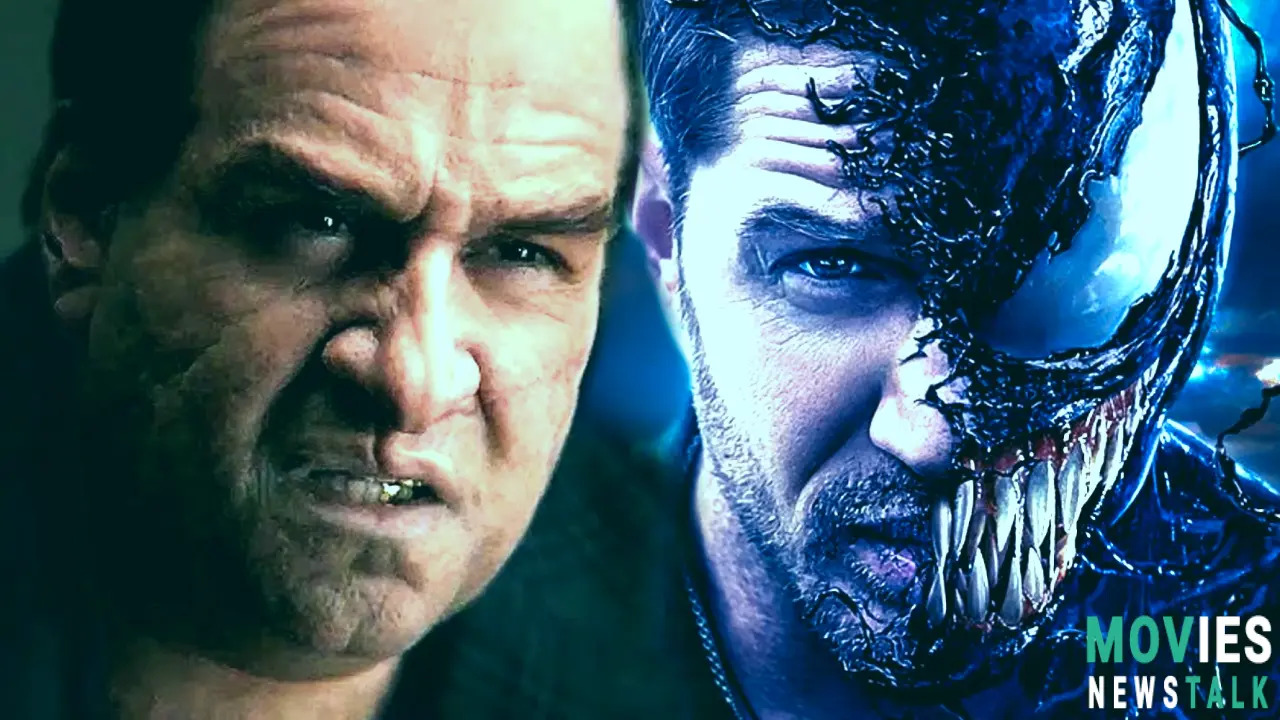DC's The Penguin: How a Ruthless Villain Proves Sony's Spider-Man Universe Wrong!
The Penguin's Oz Cobb: A Truly Irredeemable Villain Protagonist
DC's The Penguin series is doing something seriously cool—and something Sony's Spider-Man Universe (SSU) movies have totally failed to do since the beginning. We’re talking about a truly irredeemable villain protagonist. Oz Cobb (Colin Farrell), from The Penguin series which is a direct sequel to Matt Reeves' The Batman; perfectly establishes that aspect early on and completely showcases what this means throughout his characterization, and how this ultimately serves to further build an even greater narrative that could last far longer; depending on just how successfully this series manages to expand itself into additional storylines and other series related to that specific Batman universe.
After The Batman,The Penguinfocuses on Oz, a small-time crook who is surprisingly well-equipped for causing total mayhem! He cleverly manipulates Gotham's most powerful criminals – with a really weird alliance alongside Victor Aguilar (which unexpectedly makes Oz demonstrate some surprisingly softer elements!)– eventually climbing to the top and revealing that even his “softer” side remains extremely ruthless. He casually betrays Sal Maroni and Sofia Falcone; emphasizing the inherent viciousness in that surprisingly cunning and extremely clever crook.
Sony's Spider-Man Universe: Villains Who Aren't Villains Enough
The SSU was designed for those amazing Spider-Man villains, characters and allies that other movies had missed. We've had movies starring Venom (with a full trilogy!), Morbius, Madame Web, and Kraven the Hunter.The problem? These aren’t fully-fledged villains! It's really bad when this doesn’t actually work at all for generating audience satisfaction and that particular thing was expected initially by those viewers, those specific audiences that SSU clearly hadn’t thought to incorporate properly from the outset. They never fulfilled this promise of featuring full villain protagonists!
This failure makes each villain feel like something totally different than in comics, not helped by the notable absence ofSpider-Man himself! It means all those villains act as independent heroes, significantly hindering that critical villain protagonist dynamic! Venom's relative success however is because his original source material is somewhat ambiguous as a protagonist! That antihero status helps.
Oz Cobb vs. The SSU Villains: A Study in Contrasts
One huge criticism for the SSU is their villains don’t fit easily into either “full villain” or even “anti-hero.”They seem confused about what exactly this role truly implies.
OzinThe Penguinis different! He’s totally ruthless!He does show a few redeemable moments – soft spots for victims, empathy— yet those points do nothing to diminish his complete amorality, emphasizing that these characteristics exist within Oz's very personality.
Those positive characteristics only make Oz’s decisions later become way more disturbing and intensely callous. He might show those few small positive behaviors to generate empathy; ultimately making that eventual betrayal a far more terrifying revelation because he was allowed to build a surprising level of empathy, to be cruelly dashed later! This highlights his inherent and undeniable villainy; that kind of ambiguity remains a compelling way to develop compelling villainous characters who are also quite ruthless, showing great potential.
The Penguin's Success: A Blueprint for the SSU
The SSU hasn't delivered its first villain protagonist – but that could easily change.Kraven the Hunter might be a quasi-antihero, but its R-rating might be way more violent – a major step towards making things truly compelling.The Penguin's complete success makes it obvious. Using villains as protagonists might easily work! Characters like Rhino,Black Cat,Silver Sable, andHobgoblin could perfectly start filling out this SSU role!
Conclusion: Oz Cobb's Ruthlessness Reinvents Villain Protagonists
The Penguin's Oz Cobb isn't simply an ordinary villain. He is more. He brilliantly showcases that villain protagonists could generate immense storytelling opportunities! He shows how easy this can be – something Sony’s Spider-Man Universe completely misses.His complete amorality, yet those surprisingly tender traits, make for amazing dramatic potential, giving new opportunities for storytelling. The overall strategy works so effectively! It would be something which would certainly compel viewers and even other studios to use this new character-centric design choice!Will other studios take note?

